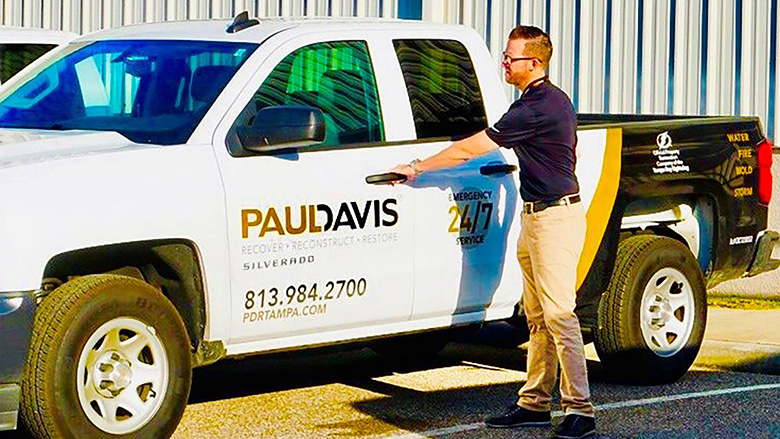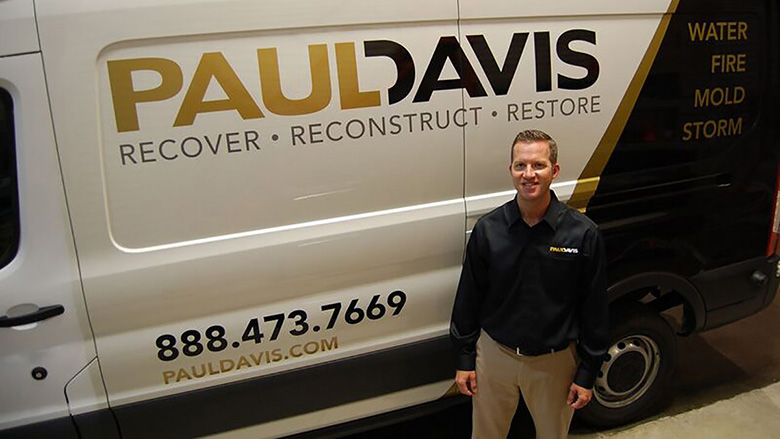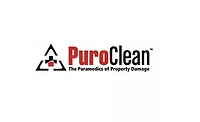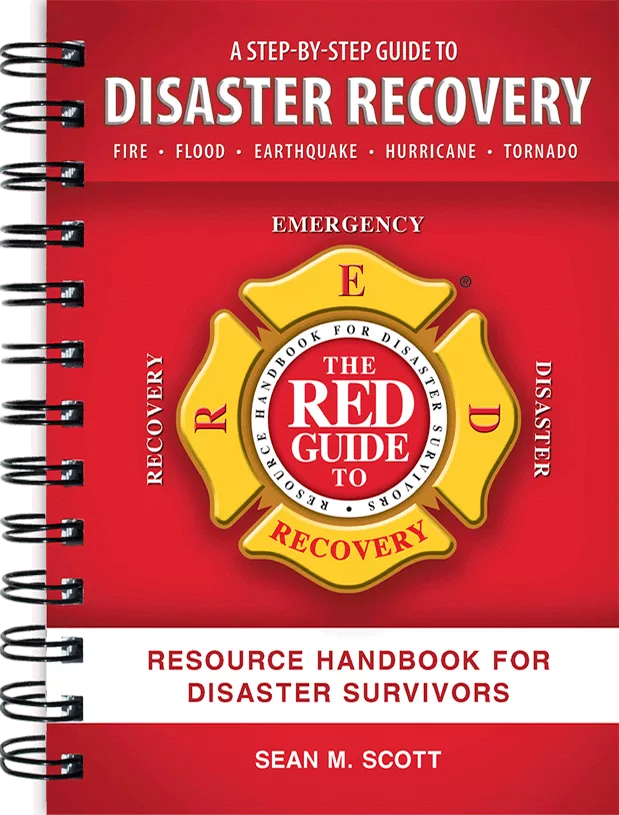Hurricane Season Preparedness Tips

Image credit: gguy44/iStock / Getty Images Plus via Getty Images
1. Why is it important to prepare for hurricane season?
As a Restoration Contractor in Florida for over 20 years, I have seen many eventful hurricane seasons and a lot of devastation. It is very important to prepare for hurricane season, especially in Florida and other coastal States, because once you are in the final path projection, if you are not already prepared it is too late.

Darren Impson, President of Paul Davis Restoration of Tampa
2. What are some common misconceptions about hurricane season preparedness?
Many people believe that hurricanes will always hit someplace other than where they live. Hurricane Ian from the fall of 2022 as an example: Ian changed directions to the Northeast at the last minute and hit Ft. Myers directly, heading towards Orlando. It was supposed to hit Tampa directly and have a more Northern path towards Gainesville. This change happened within 12 hours of landfall, which was not enough time to evacuate for a lot of people. Many in the original path headed towards Orlando, and they ended up stuck in massive flooding. People should have an evacuation plan in place, as well as a secondary plan in case the path might change. People should also purchase provisions, fuel, generators, and protect their properties in advance of an impending storm. They should purchase what their families may need for a few days, not buy out the stores and promote pandemonium.
3. What essential supplies should be in a hurricane emergency kit? What is the best way to help neighboring offices?
People should always have the following in their hurricane emergency kits: plenty of water (doesn't have to be bottled water, as it could be filling up large jugs of drinking water), flashlights with plenty of batteries, non-refrigerated food (canned goods and snacks), can opener, rubber boots, rain jackets, battery-powered lamps, candles and lighters, a generator and gas can (if you have room), utility knife, hack-saw, first aid kit, sunscreen, bug spray, and dry towels and blankets.
4. How can restoration businesses develop a hurricane evacuation plan?
We have a lot of commercial clients who give us regular daily work. We have priority agreements in place with some of them where if they sustain damages to their buildings, we will give them priority over other clients. This allows them to be comfortable with evacuating the area, knowing that we will take care of their businesses no matter what.

Photo courtesy of Paul Davis Restoration
5. How can homeowners best protect their property from hurricane damage?
Homeowners can best protect their property from hurricane damage by pre-boarding up their windows and glass doors using plywood, or installing hurricane shutters from a licensed professional ahead of time. It can be quite costly, but they could also upgrade their existing windows and sliding glass doors to impact glass, which will also save money on their energy bills. They can also invest in a home generator ahead of time that can power all or part of the house. Of course, if they do sustain damage from a hurricane, please call a reputable licensed contractor to mitigate damages as quickly as possible to avoid further damages to their home (mold for example).
6. What should business owners do to prepare for hurricane season?
Business owners should look into purchasing generators to power all or some of their buildings should the power go out. They should also make sure that they have a plan for operating after a hurricane hits their local area. Make sure their employees are safe first and foremost, and you have a schedule already in place if your business needs to be open ASAP.
7. What types of technology are used to forecast hurricanes?
NOAA is the best site to follow for accurate, up-to-date forecasts.
8. How can individuals and communities recover from the effects of a hurricane?
I recommend that property owners take the following steps to get back to normal as quickly as possible after the storm passes:
- If you have sustained damage, you will need to pick a contractor as quickly as possible, who will stay with you through the process, who will be able to write a fair estimate that your insurance adjuster will accept, and who will then perform the work efficiently and correctly.
- Turn in the claim as soon as you can – insurance companies will be assigning losses to their local adjusters, who will quickly reach capacity.
- Find a contractor who specializes in insurance restoration repair work. Your insurance company is a good place to start to get a referral. Restoration companies understand how to write an initial, detailed estimate your insurance adjuster will accept, they will help you process the payments, and they can work with your insurance company if additional damage is discovered during the course of the work.
- When you’ve found a restoration company that you’re comfortable with, be prepared to provide the name of your insurance company, insurance agent, your adjuster and your deductible if you have them. A claim number is also helpful. If you are comfortable with the restoration contractor’s representative, sign a work authorization to begin the emergency work right away. This includes any drying, tarping, board-up and protection of the contents of your home.

Photo courtesy of Paul Davis Restoration
Looking for a reprint of this article?
From high-res PDFs to custom plaques, order your copy today!






